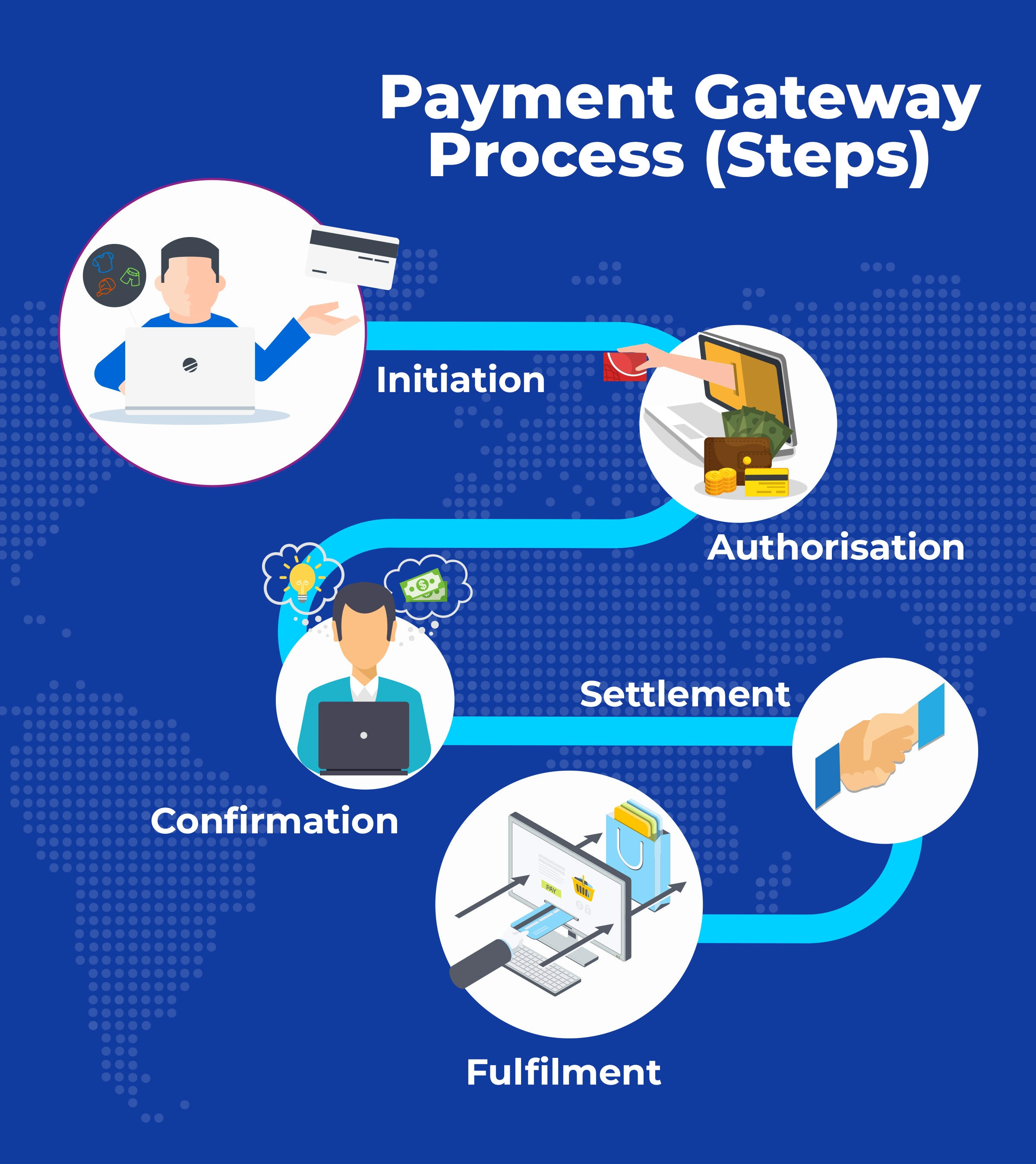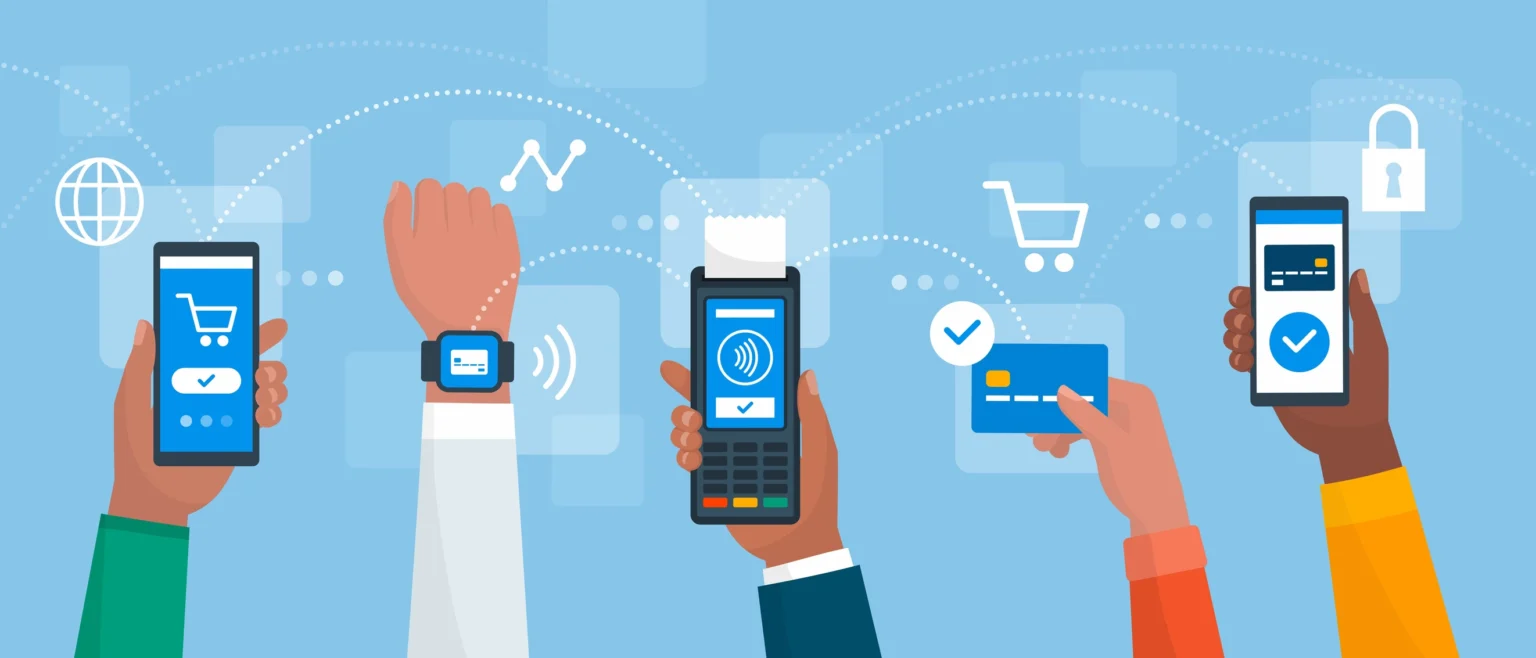What is a Payment Gateway?
A payment gateway is a service that authorises and processes payments for online and offline businesses. It securely transfers payment information from the customer to the merchant’s bank account.
Payment gateways are essential for handling credit card transactions and other forms of online payment, ensuring that sensitive information, such as credit card numbers, is passed securely from the customer to the acquiring bank.
Why are Payment Gateways Popular?
Payment gateways are growing ever more popular because they offer secure, efficient, and convenient transaction processes for both merchants and customers. They support a wide range of payment methods, enhance customer trust by securing payment information, facilitate global transactions, and provide quick processing times.
Payment gateways may also help businesses manage transactions easily through reporting and reconciliation tools, making them even more helpful to modern e-commerce.
For wholesalers partnering with independent retailers, payment gateways dramatically streamline the order-to-cash cycle which protects capital reserves imperative to fuelling growth. The cost of “chasing money” cannot be underestimated, with payment gateways also ensuring efficient debtor management and controlling administrative demands on limited resources.
How Do Payment Gateways Work?
Payment gateways work by accepting payments such as debit or credit card purchases from customers and retailers and transferring them to sellers. Essentially, a payment gateway acts as an intermediary between a merchant’s website and the payment processing network, ensuring the transaction is carried out securely and efficiently.
Depending on the specific payment gateway used, they may also be able to process bank transfers, electronic wallets (e-wallets), direct debit, digital currencies (such as Bitcoin), and other online payment methods.

Payment Gateway Steps
1. Initiation
When a customer makes a purchase or a business makes an order and enters their payment details on a website, the payment gateway secures the data and initiates the transaction.
2. Authorisation
The payment gateway sends the transaction data to the payment processor used by the merchant’s bank. The processor then forwards this data to the card association (e.g., Visa, MasterCard). The bank that issued the customer’s card checks for sufficient funds and validates the payment details.
3. Confirmation
After verification, the issuing bank sends a response back to the processor, through the card network, to the payment gateway, indicating whether the transaction is approved or declined.
4. Settlement
If approved, the transaction proceeds and the funds are transferred from the customer’s or business’s bank to the merchant’s bank. The payment gateway sends a confirmation to the merchant and customer.
5. Fulfilment
The merchant can then fulfil the order. The entire process, from authorisation to settlement, typically takes just a few seconds depending on the payment method and payment gateway used.
Do You Need a Payment Gateway? Who Are They Used By?
Payment gateways are typically used by businesses or individuals engaged in e-commerce, retail, services, or any form of online transactions that might need to process funds to streamline their payment processes and enhance security.
Any individual or entity engaging in online transactions, or wanting to offer multiple payment options, can benefit from using a payment gateway. It not only enhances the customer’s payment experience but also provides security, reduces the risk of fraud, and can help expand the customer base globally.
For wholesalers, it also offers a modernisation of the payment collection process to protect capital reserves and resources imperative to driving growth.
Examples of Payment Gateway Users
Online businesses
Online stores or e-commerce platforms (B2B and B2C) are the most common payment gateway users. That’s because they need payment gateways to process customer payments or orders from other businesses securely.
These businesses rely on systems like these to handle all sorts of transactions, making the shopping experience smoother for customers by offering a variety of payment methods like credit cards, e-wallets, and bank transfers.
If you’re a smaller business, or a seller launching your own range of products independently online, a payment gateway facilitates secure online payments from your customers.
Brick-and-mortar stores
While not mandatory and admittedly uncommon, a payment gateway can offer additional payment methods beyond traditional cash or card transactions, such as mobile payments or e-wallets in stores with physical locations.
Subscription-based services
Companies that offer services or products on a subscription basis, such as streaming services, software providers, or box subscription services, may benefit from payment gateways. These gateways can automate the recurring billing process, ensuring that payments are collected efficiently and on time while maintaining security.
Hospitality and tourism businesses
Businesses in the hospitality sector, like hotels, travel agencies, and booking platforms, can benefit from using payment gateways by offering secure and instant payment solutions to customers making reservations or bookings online.
Which Payment Gateway Should You Use?
When choosing a payment gateway to use, you should prioritise security, integration ease, cost-effectiveness, and customer experience.
The ideal payment gateway should also offer strong fraud protection, comply with industry security standards like PCI DSS, and ensure the safety of sensitive data. And for bonus points, it should also seamlessly fit with your business’s existing systems and e-commerce platforms, minimising technical challenges.
Key factors when choosing a payment gateway for your business include:
- Security features and PCI DSS compliance.
- Compatibility with the business’s e-commerce platform.
- Fees and payment structures.
- Accepted payment methods.
- Transaction speed and customer usability.
- Availability of customer service and technical support.
The right payment gateway can be a tough choice to make as it can affect both your operational efficiency and customer satisfaction. You should thoroughly evaluate each option available, focusing on both technical and financial aspects, to ensure the chosen gateway aligns with your needs and growth goals.
Brandscope Can Help With Payment Gateways & B2B eCommerce
Brandscope is a cloud-based B2B eCommerce platform offering a range of services streamlining the operations of brands, agents, and retailers. We can help businesses within the B2B wholesale and e-commerce sectors sell more.
The platform also facilitates immediate payment collection on both refill and pre-book orders via the globally recognised STRIPE payment gateway which supports a variety of payment methods.
If you’re interested in learning more about how our B2B wholesale ecommerce platform can help your brand sell more, reduce costs, expand distribution, and manage digital marketing and education assets, please contact us online or book a demo.









